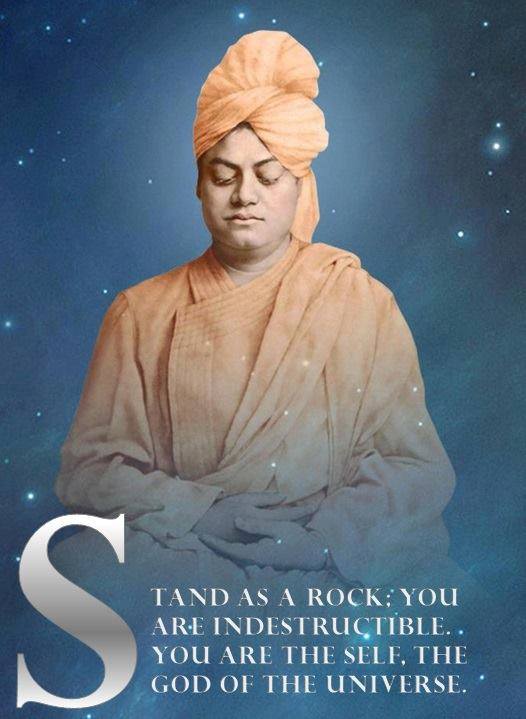Jnana-Yoga : - 1-2.

CHAPTER : I - THE NECESSITY OF RELIGION-2. Two theories have gained some acceptance amongst modern scholars. One is the spirit theory of religion, the other the evolution of the idea of the Infinite. One party maintains that ancestor worship is the beginning of religious ideas; the other, that religion originates in the personification of the powers of nature. Man wants to keep up the memory of his dead relatives and thinks they are living even when the body is dissolved, and he wants to place food for them and, in a certain sense, to worship them. Out of that came the growth we call religion. Studying the ancient religions of the Egyptians, Babylonians, Chinese, and many other races in America and elsewhere, we find very clear traces of this ancestor worship being the beginning of religion. With the ancient Egyptians, the first idea of the soul was that of a double. Every human body contained in it another being very similar to it; and when a man died, this do





